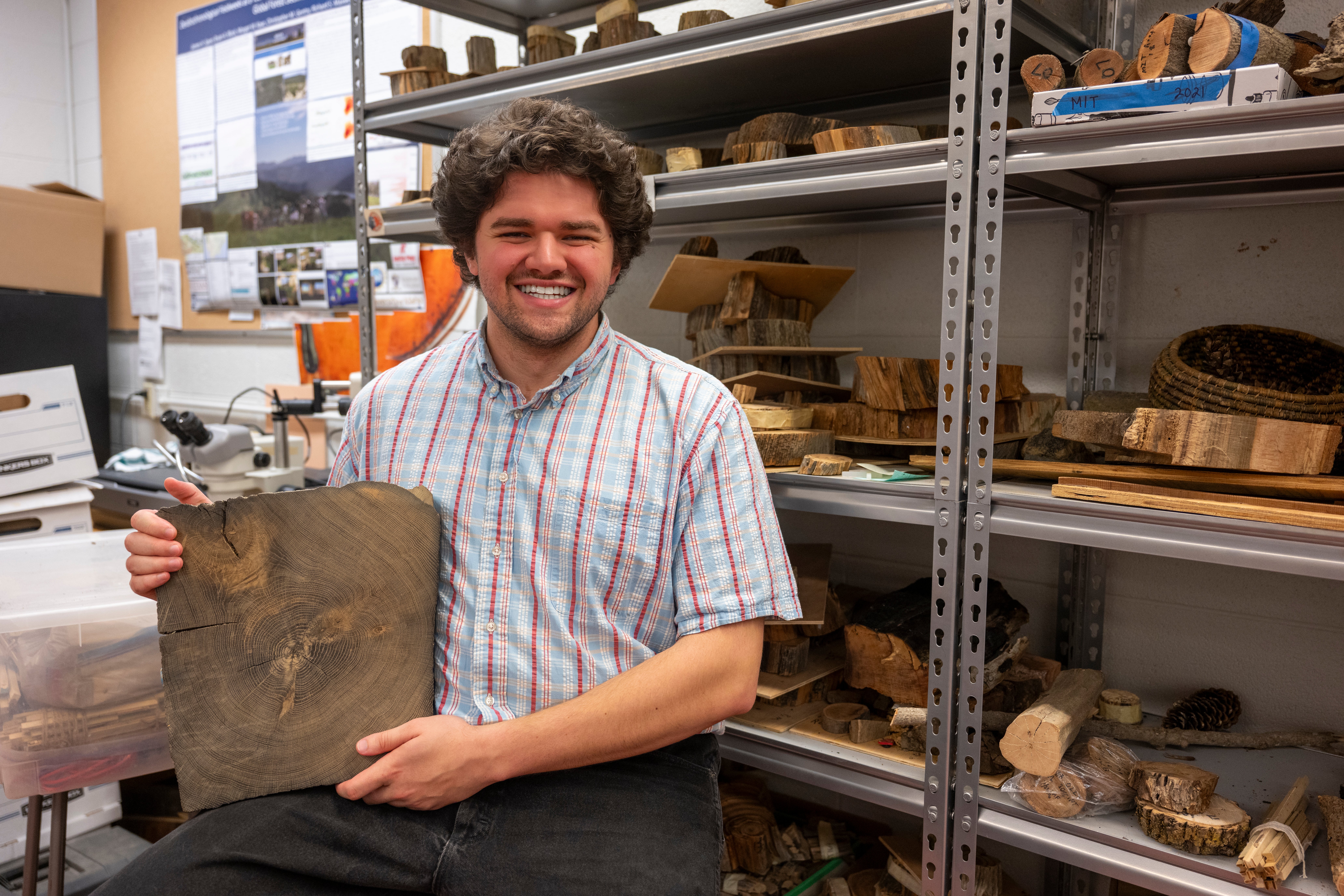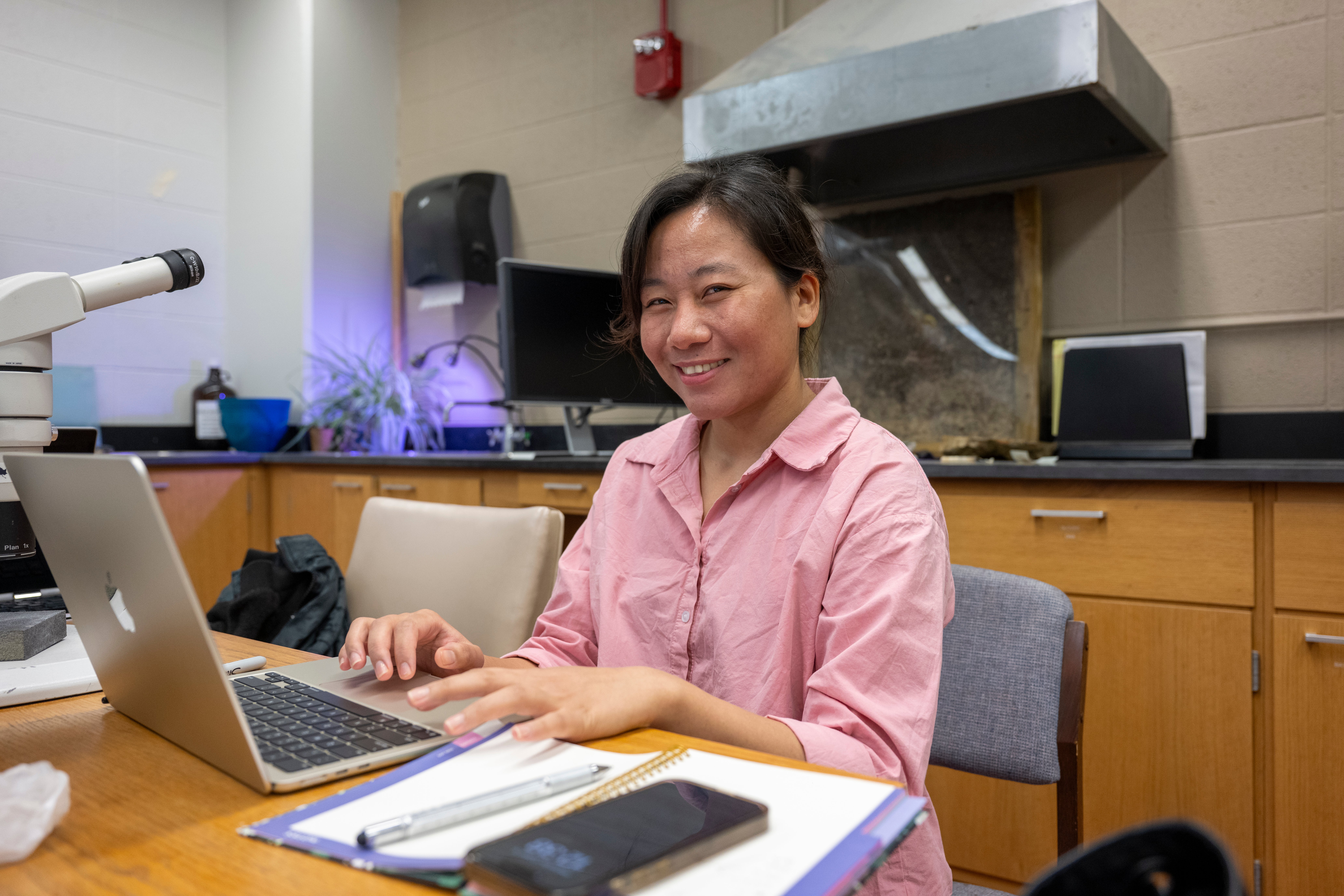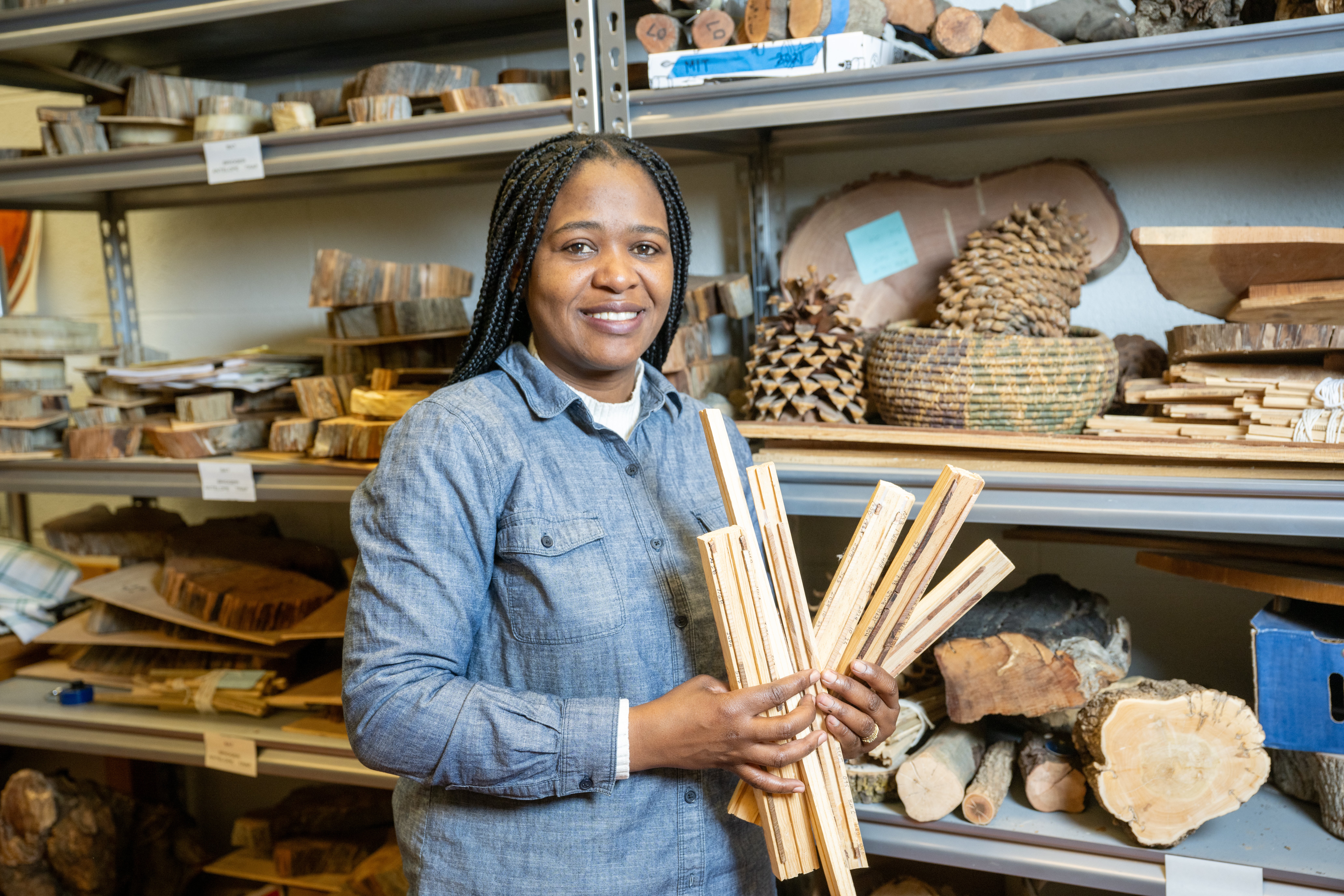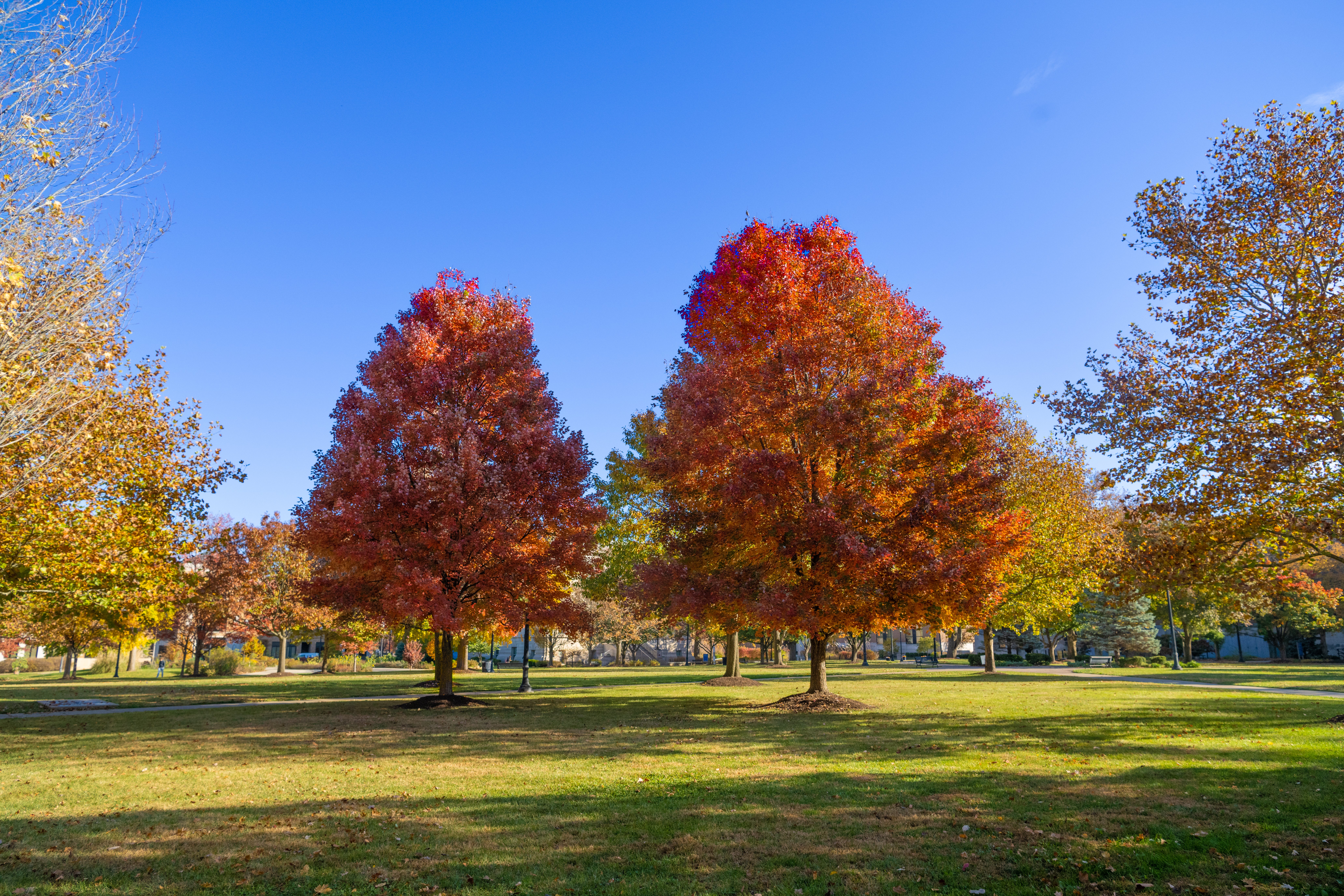
Dr. Speer is a Professor of Geography and Geology at Indiana State University and the co-chair of WorldDendro in Zambia. He received his bachelor’s and master’s degrees from the University of Arizona in Geosciences and his PhD from the University of Tennessee in Geography. At the Laboratory of Tree-Ring Research, he studied fire history and insect outbreaks with Dr. Tom Swetnam. He began his PhD at the University of Tennessee in 1998 and had the opportunity to start the Tree-Ring lab there under the direction of Drs. Sally Horn and Ken Orvis. He has focused much of his career on dendroecology by studying fire history, insect outbreaks, and stand-age structure. For the past five years, he has focused his work in Zambia to help with capacity building in dendrochronology and exploring African tree species for their potential in dendrochronology.
In 2003, Dr. Speer took over the organization of the North American Dendroecological Fieldweek (NADEF) from Dr. Peter Brown. Dr. Speer ran that fieldweek through 2022 and has been invited to teach at fieldweeks around the world associated with WorldDendro and Ameridendro. In 2021, he started the African Dendrochronological Fieldschool (ADF) where they have trained approximately 100 burgeoning dendrochronologists from over 14 African countries.
Dr. Speer is active in his local community on sustainability projects where he is a Senior Scholar for the Institute for Community Sustainability, which he established in February 2012. He is the President for Our Green Valley Alliance for Sustainability, the president of the board for the Terre Foods Cooperative Market, on the Tree Advisory Board for ISU, is a past-president of the Geography Educator’s Network of Indiana, and a past-president of the Tree-Ring Society. He lives in Terre Haute Indiana with his wife, Karla, who also teaches at ISU with a PhD in Anthropology and their two sons Leif and Lewis. Check out Jim's publications here!



